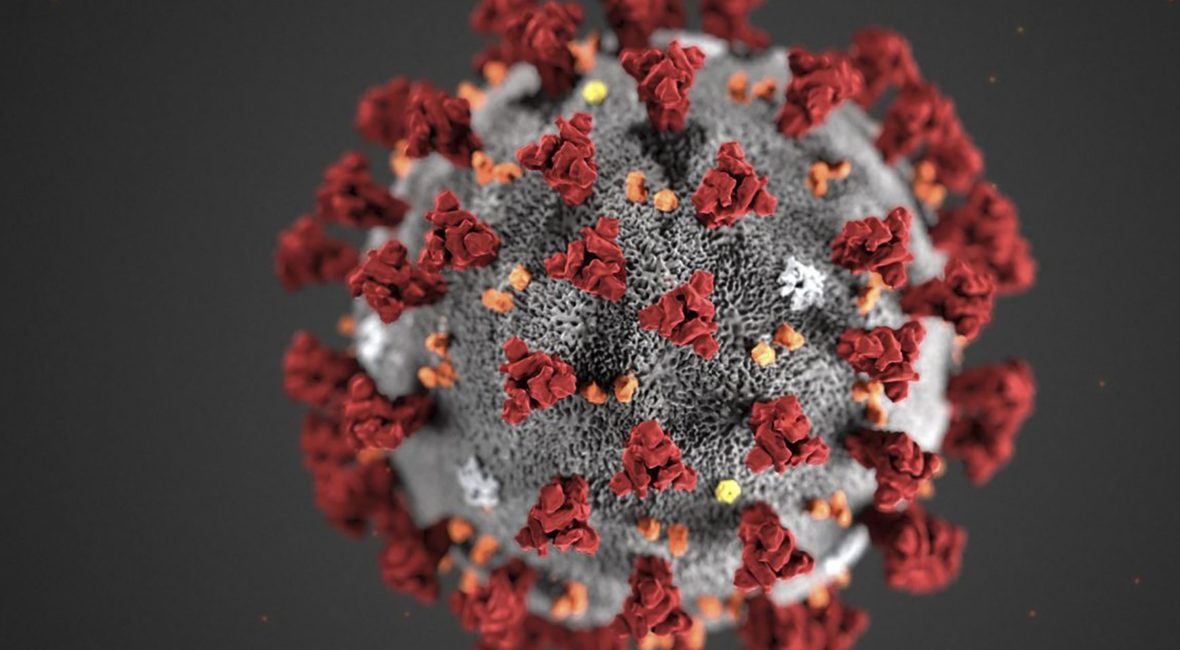Covid-19 Sentiments as Factors in Economic Decisions and Recovery


The following is a guest post from Samir Saluja, Founder DeriveOne and Romi Mahajan, CMRO Quantarium. Enjoy …
The metaphors we use to understand and process events, data, and thoughts are the ones that ultimately govern the ways in which we react to the stream of information that comes our way. As we attempt to navigate the shoals of human behavior- in order to create a model for how indeed these metaphors connect with actions- it is clear that sentiments as a whole direct economic behavior, whether classified as consumer or business-to-business. These sentiments are governed by a host of variables.
With the Covid-19 Pandemic raging across the world, we see sentiments gyrate wildly. The stress of virus-induced death and sickness, the constant admonitions, our fear for loved ones and friends, and the disruption of life-as-we-know-it is real and palpable. The lack of fixity, the presence of a persistent “unknown” exacerbates this stress and affects sentiments about all manner of subjects.
In the first quarter of 2020, as the payload of the virus was delivered and public health experts suggested ways in which to slow its spread, many parts of the world witnessed a sudden economic downturn. People stayed at home suddenly, weren’t able to either work or spend; demand for certain goods and services plummeted. Employers laid millions of workers off. A variety of businesses closed-shop many of which will likely stay shut. Well, these processes cannot be referred to only in the past tense. These trends continue unabated- dismal economic figures are released daily by many of the world’s major economies.
Precarity is the order of the day. Mental health providers are witnessing a spectacular rise and cannot handle the scale of calls upon their services. Depression has become commonplace.
In this environment, the metaphors that govern the sentiments and thus the outlook of most Americans are direct results of the pandemic and its consequences -and understandably so.
How will this affect economic decision-making? To speculate thus, it is important to understand the metaphors people use to process information and thus inform decisions. Some early thoughts here based on recent reviews of news, polls, and in-person conversations:
| Sector | Housing | Household Essentials | Automobiles |
| Metaphor Elicited | Safety/Stability | Protection of Family | Frivolity |
| Sentiment | Fear/Paralysis | Fear | Uncertainty |
| Action | Stay Put; Do Not Seek to Purchase | Buy more than immediately needed | Put off Auto purchase until economy rebounds |
Clearly, more nuance is required. For instance, a recent study by Simile shows that “Boomers” and “Millennials” have markedly different views of and sentiments triggered by the Covid-19 Pandemic. As such, their responses, even economic responses, will be inflected by these sentiments; likely, millennials will want to “transact” in “normal” ways with more haste than older Americans.
The biggest asset class and backbone of the US Economy- Housing- will undergo a sea-change not only in scope but also in process. March 2020 witnessed a 22% decline in housing starts and the largest dip in homebuilder sentiment in the history of its measurement. Multiple anecdotes from Real Estate agents refer to a blight in listings and a “dead” market. Being able to understand sentiment and translate the understanding into predictions is an incredibly important part of the planning process, as we seek economic retooling and recovery. Here, the sentiments of fear and uncertainty play a large role as do some of the elements of the purchase/sale process. For example, no one wants an appraiser traipsing through his house and no one wants to stage her house and open it for viewing, not to mention that very few people would risk touring houses in an era of fear and social-distancing. These trends bode ill for business-as-usual in the housing economy.
The sentiments provoked by the pandemic will change existing economic patterns and create new ones. Understanding the metaphors and sentiments evoked by this crisis and then innovating around the processes by which they can be translated into economic activity is key. Without a doubt, the human tragedy unfolding is the biggest story related to the Pandemic; when and if we contain the virus and reduce it to a minor irritation, fixing the economy is next-up.



Great opinion piece Paul! Totally agree however we can’t operate with an “if” mentality – its basically all of nothing. As the numbers come out, the real numbers, we’ll see a much lower fatality rate, and question what we just went through and if it was worth it for millions upon millions to be thrust into unemployment and no doubt very serious mental health challenges of all kinds. I don’t doubt that with the ridiculous level of contagiousness of Covid, and how quickly it decimates the vulnerable, that we had to do something. But to continue much longer in a state of fear, and civil imprisonment at the behest of public health officials, epidemiologists, and those not trained in Economics or in making appropriate decisions impacting all of society, is a slippery slope into further negative consumer sentiment which will prolong or perhaps flatten out the economic rebound curve even as we sought to flatten out the Virus infection/mortality curve. At this point, Government officials (yes De Blasio, and Cuomo and others) are erring on the side to say that we are not able to make sound decisions such as wearing masks, washing hands, working to stay apart as best we can in reasonable situations. To me, this speaks to tyranny in the name of public health rather than making the provisions necessary to get us back to work, and open up hair salons, restaurants, and apply good judgment. The economic disaster now facing us is very real, and if we linger much longer within this current state of fear mode (De Blasio and his NYC HC Director puppet say the most ludicrous things), the Cure will indeed be much worse than the disease itself. Just my thoughts. 🙂 Glen
Hi Glen, I respectfully disagree. I think the health response was in fact too little; but that doesn’t change the fact that the economy is in a spiral and people being thrown off insurance compounds this.
As for the sentiment you point and- and the article points out- yes it is as low as possible and the uncertainty is creating a vast “halo” effect with this low sentiment. So while I don’t believe the cure is worse than the disease, it is indeed a bad time.
Pessimistic, Realistic, Optimistic – as always the truth is found somewhere in the middle. But, in this day we choose not to go there because we believe there is only one right way to think. I wonder what smart and intelligent people would say about what a strong compromise would be on their positions?
Tony, thank you for that thoughtful response. As I observe what is going on in social media – one side feels the need to protest for a clamp down on civil liberties while the other side curses them for being irresponsible. What will navigate us through this mess is a reasoned and rational middle approach. I certainly have seen my personal perspectives shift from a liberal slant toward the center.